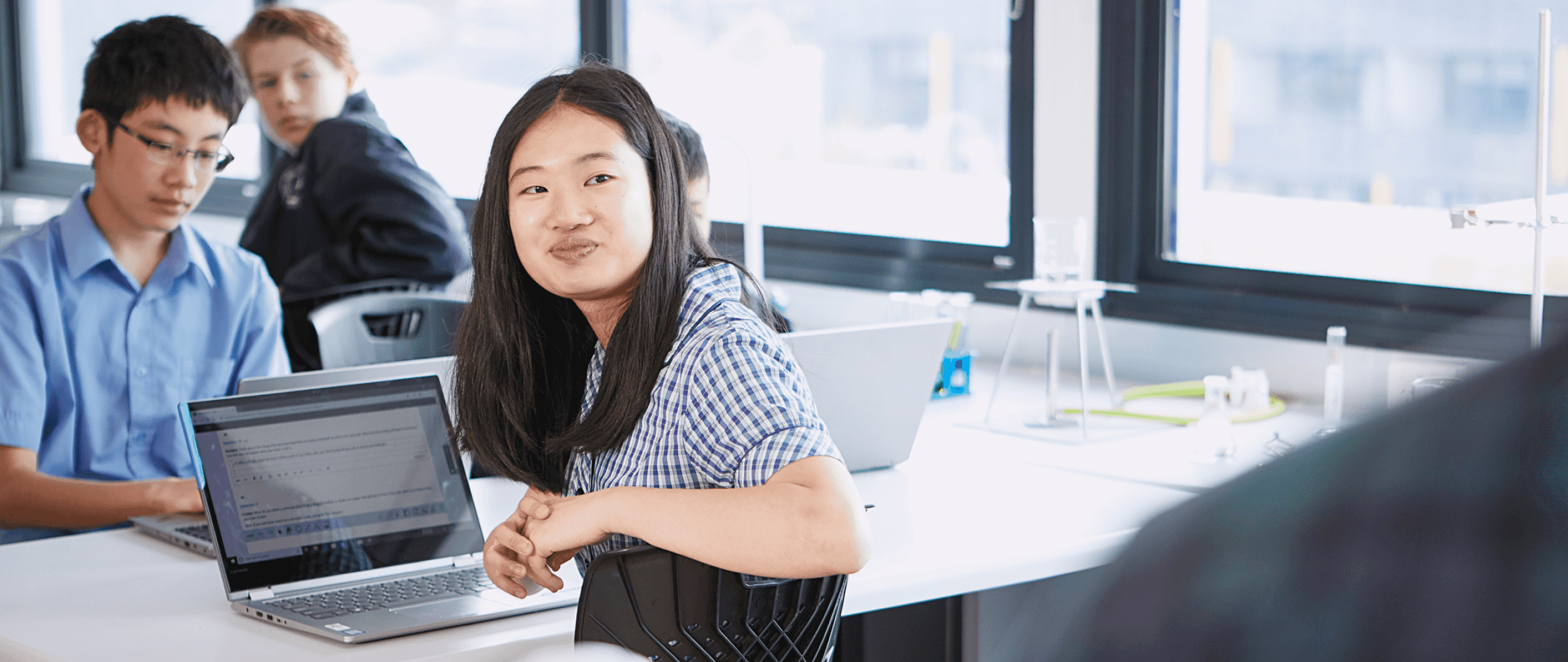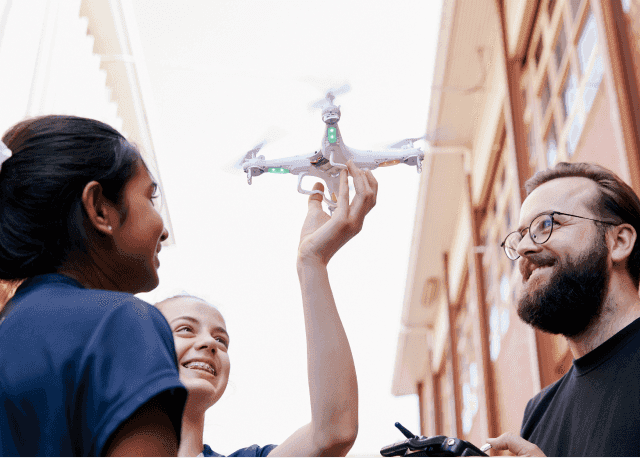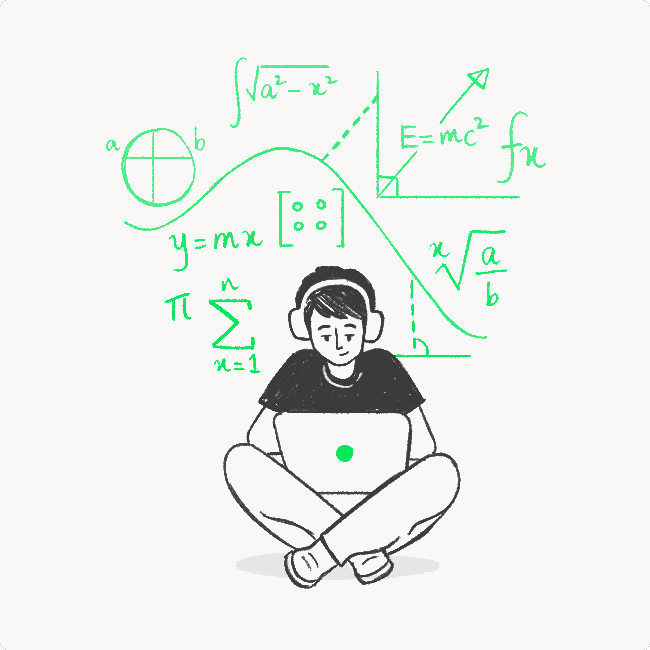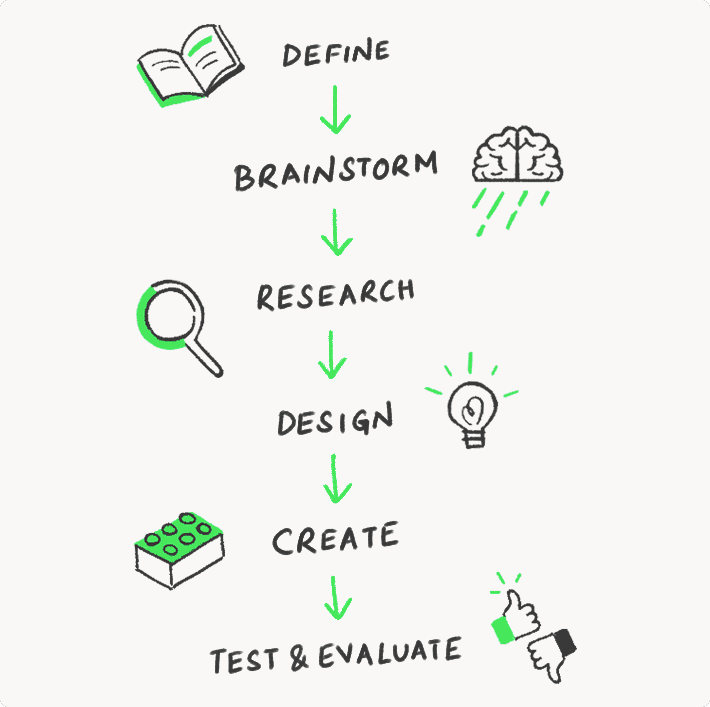A true STEM education
Connect the dots with Math, Technology and Engineering

The science classroom is the natural home of STEM
Great science teaching reinforces the fundamental math required for effective science practice. It should also draw direct links between scientific discovery and the practical technologies that result. Students should graduate from school with a working knowledge of the engineering practice that turns science into technology.




Science does not exist in a vacuum
We conceptualize STEM in a different acronym order:
Math → Science → Engineering → Technology.
These disciplines build on each other:
- Math is the language of science; it’s a core tool for essentially all scientific endeavours.
- Science is the basic research we do to critically evaluate the world around us and, by doing so, generate new ideas.
- Engineering is the development of those novel ideas into something useful – the technology that improves our lives.
Scientific literacy cannot be achieved unless these relationships are internalized by students.
Math: The language of science
Stile’s teaching resources reinforce and contextualize the core numeracy skills students are learning separately in math class
We provide revision materials for these skills, particularly around statistics and data interpretation, and build on these skills to explore more challenging scientific concepts.
This supports school-wide numeracy initiatives, and helps students understand the relevance of math.

Engineering: Ideas into practical technologies
Technology isn’t just a smartphone. It’s vaccinations, genetic modification and wind turbines. Stile’s lessons draw direct links between these real-world technologies and the science that underpins them
Engineering Challenges guide students through the process of creating novel solutions to problems and STEM career profiles show the interesting ways relatable people are applying these skills every day.

Why choose Stile?
Boost reading, writing and math
Stile deeply integrates the Common Core Standards.
Join a vibrant community of passionate science educators
Thousands of teachers use Stile every week. It’s already the #1 science curriculum in Australia, and it’s fast becoming the curriculum of choice for teachers in the US.